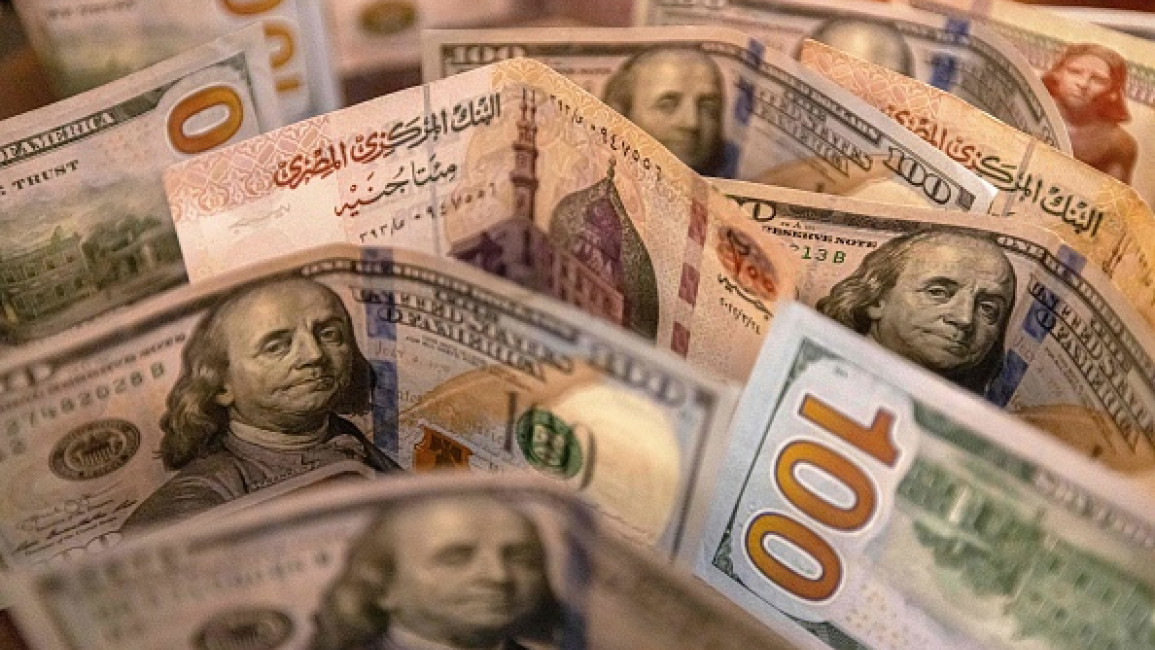Egypt sells tobacco giant Eastern Company to UAE 'to overcome foreign currency shortage'
In what has been viewed as an attempt to overcome a shortage of foreign currency, Egypt has continued to sell state assets as an economic crisis takes its toll on the North African country.
On Sunday, 3 September, the Egyptian government announced it sold a 30 per cent stake in the state-run tobacco giant Eastern Company for US$625 million to a UAE-based Global Investment Holding, weeks after a scarcity crisis had been witnessed in the local market that led the prices of cigarettes to almost double.
The Emirati company will further inject US$150 million into the company to purchase raw materials used in manufacturing tobacco products.
For weeks now, Egyptian smokers have been complaining about the shortage of tobacco products, particularly cigarettes, which led them to resort to an informal, parallel market in which a pack of the most popular local Cleopatra cigarettes is sold for about 50 Egyptian pounds (about US$1.62) instead of 24.
A source at Eastern Company, who talked to The New Arab on condition of anonymity, slammed the recent sale of "the company for it has already been generating huge profit" but on "the local level."
"The problem first surfaced this year after the finance minister had [reportedly] demanded tobacco companies to pay 88.6 billion Egyptian pounds in taxes, six billion more than in 2022," the source said.
According to a local news report, citing the head of the Tobacco Division at the Federation of Industries, Ibrahim Embaby, as saying earlier last month: "The manufacturers and the government agreed to impose additional taxes over the prices of tobacco products to cover for the required sum."
"But both the state and the lower house of the parliament procrastinated, and a new tax law hasn't seen the light until the parliament started the summer break," Embaby added.
Egyptian tobacco traders seemed to have found it the right opportunity to make additional profits, which led a parallel market to appear in a country where about 18,000,000 citizens of its almost 109 million population are smokers.
"When traders heard about the price increase, they refrained from selling tobacco products, awaiting prices to rise. By doing so, they applied what we call 'the scarcity principle,' probably without knowing it in the first place, resulting in a low supply and a high demand in the process," economic analyst Ahmed Abdel-Thaher told The New Arab.
The Egyptian government began selling state assets to wealthy Gulf nations over the past months, including army-owned firms, to attract foreign currency and liberate the economy from state control, a significant demand of the US$3 million loan programme signed with the International Monetary Fund (IMF).
"Egypt has sold a successful company to overcome the foreign currency shortage. However, I believe the deal is a win-win for both Egypt and the UAE. Eastern company has been generating profit, but, at the same time, Egypt is in dire need of US dollars," Abdel-Thaher argued.
Egypt's external debt soared by 5.1 per cent during the fourth quarter of 2022, reaching US$162.94 billion, a total of US$10 billion more than the previous quarter.
The local currency has been struggling against the US dollar for months, leading prices to hike mainly since Egypt depends on importation rather than local production.
One US dollar is equal to 30.95 EGP, whereas it is valued at about 40 EGP in the shadow market at the time of publication.





 Follow the Middle East's top stories in English at The New Arab on Google News
Follow the Middle East's top stories in English at The New Arab on Google News


